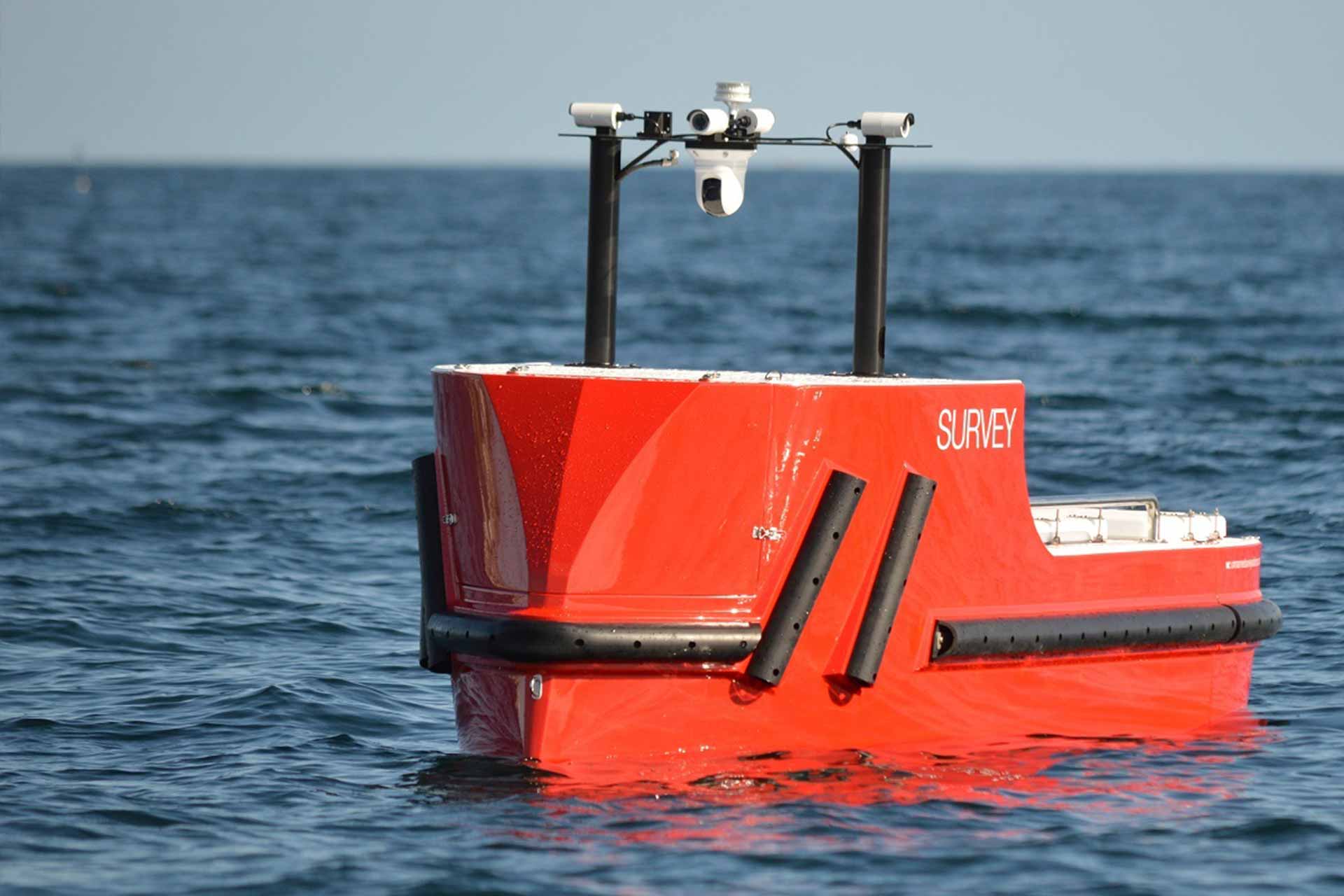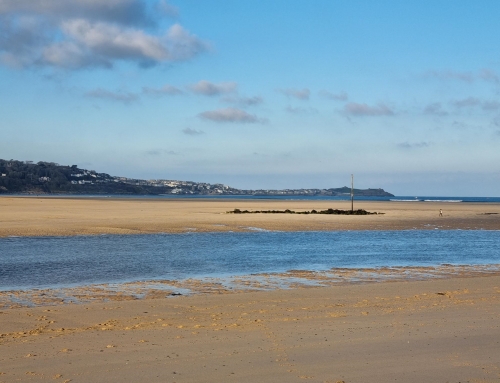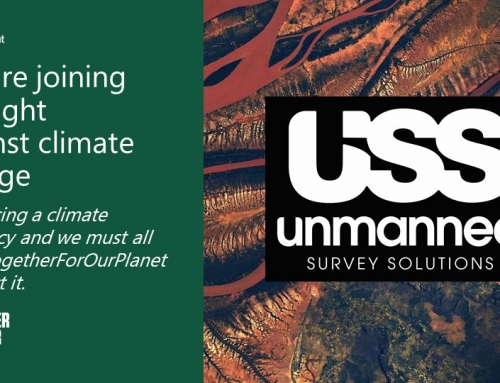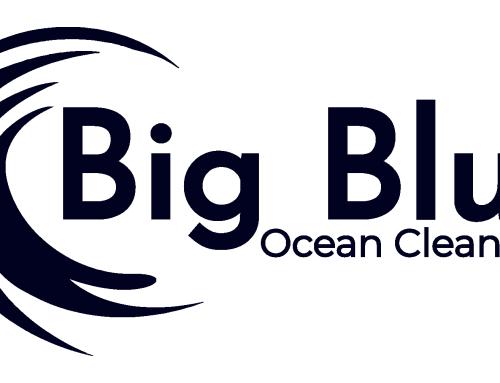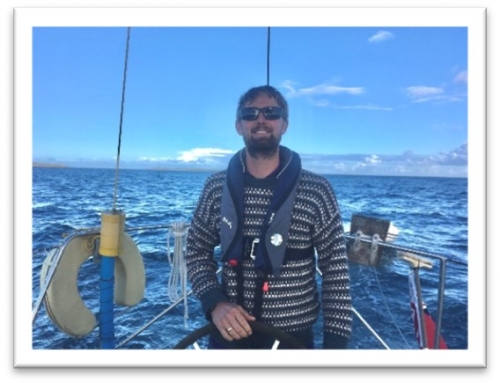USS and The Port of London (PLA) Hydrographic department teamed up to provide ground-breaking educational support to University College London’s (UCL) IHO CAT A course in Hydrographic Surveying.
Due to COVID restrictions, some of the course was done virtually
The PLA have supported the University for many years by providing lectures in current Hydrographic techniques and equipment as well as supporting their student field projects. However, due to COVID-19 restrictions, the final element of this year’s support had to be conducted virtually.
The teams devised a two-week schedule, which incorporated a combination of manned and unmanned survey tasks to bring the very latest industry solutions to MSc students.
John Dillon-Leetch, Port Hydrographer at the Port of London Authority says: “Unmanned Surface Vessels (USVs), have a key role to play in the future of surveying.”
“With the same sonar system technology as fitted to our larger surveying vessels, Maplin and Thame but at a fraction of the size of the size, this remote unmanned vessel can access areas that weren’t accessible before to this level of survey capability, changing the way we survey the riverbed. It is battery powered so releases no carbon emissions and is robust enough to work in rough offshore and coastal conditions.”
Using remote access allowed students to participate from abroad
Using remote access capability to onboard systems, students from as far away as China, Saudi Arabia, and Singapore received daily interactive broadcasts from the Hydrographic teams aboard the PLA manned vessels M/V Maplin and M/V Thame to direct and participate in the project work. During the final week of operations, they were also able to remotely pilot USS’s Accession 350 Unmanned Surface Vessel (USV) and send it off on pre-programmed survey missions to gather high resolution bathymetry.
As future hydrographic surveyors, this was a real insight into how the industry is tackling the challenges which COVID-19 is having on daily survey operations.


